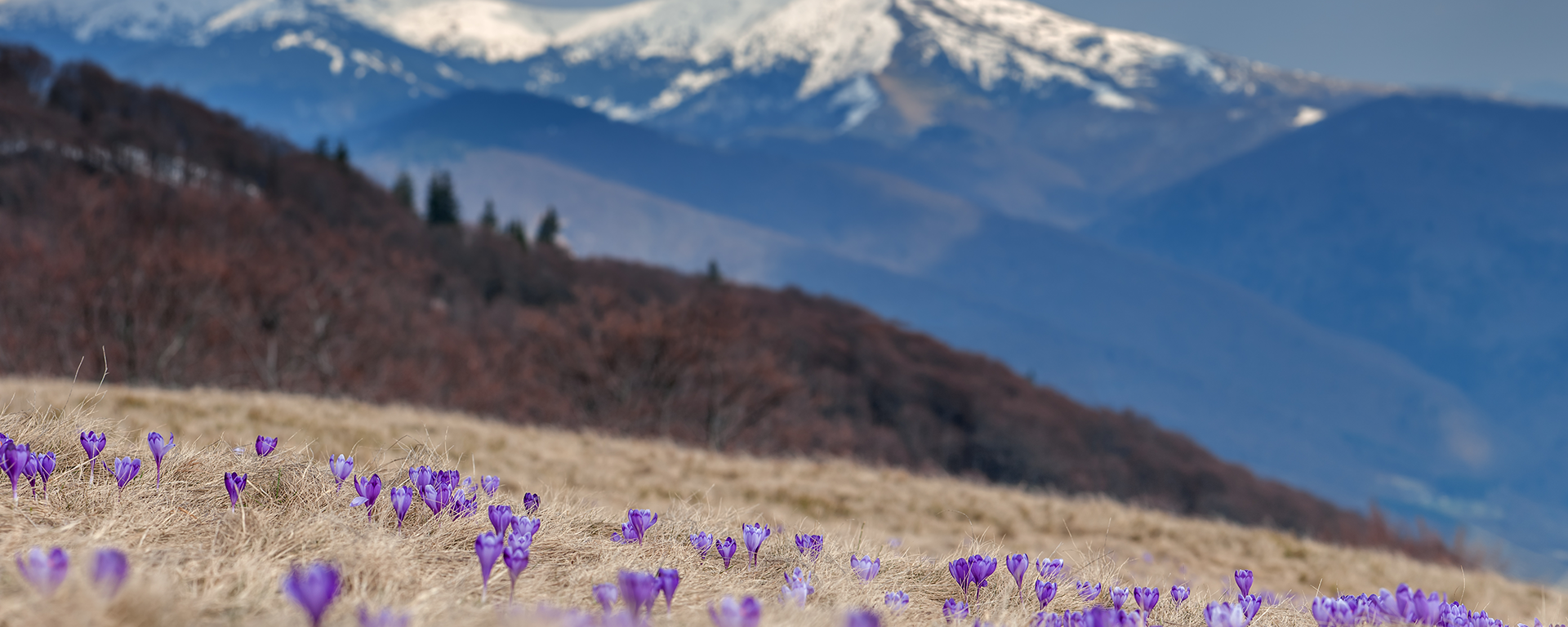Oki, Tânisi, Tawnshi, Âba wathtec, Danit'ada, Aaniin, Kwe’, She:kon, Bonjour, Hello:
Welcome to the Kiipitakyoyis Grandmother's Lodge (The Indigenous Social Work Circle and Lodge, in the Faculty of Social Work). The Faculty of Social Work’s Lodge is led by Metis/Cree Elder Kerrie Moore, Director Dr. Terry Poucette (Stoney Nakoda) and Advisor Deandra Neufeld (Mohawk).
The Lodge seeks to enhance the learning journey of Indigenous social work students by providing Elder and counselling supports, ceremonies and cultural activities. Our hope is to create a sense of belonging and community – a family away from home for Indigenous students. Kiipitakyoyis is also committed to providing many learning opportunities for all faculty, staff and students about Indigenous histories, cultures, current realities, languages, knowledges and teachings. We seek to create decolonizing spaces that align with the University’s ii’ taa’poh’to’p principles that honour Indigenous ways of knowing, being, doing and connecting.
We welcome all students, staff and faculty into the Lodge for a place to study, learn, engage in ceremony, develop meaningful relationships and to build community together. We are located on the third floor of the Mackimmie Tower and offer a welcoming, earth-based Lodge and ceremonial space.
In the spirit of respect, reciprocity and truth ...
... we honour and acknowledge Moh’kinsstis, and the traditional Treaty 7 territory and oral practices of the Blackfoot confederacy including the Siksika, Kainai, and Piikani Nations, as well as the Îyâxe Nakoda and Tsuut’ina Nations. This territory is also home to the Métis Nation of Alberta, Region 3.
We honor and acknowledge our brothers and sisters at our University of Calgary-Lethbridge campus who is also home to the Siksikaitsitapii (Blackfoot).
We acknowledge our brothers and sisters at our University of Calgary-Edmonton campus who reside on Treaty Six Territory which has been the traditional homelands of Cree, Blackfoot, Métis, Nakota Sioux, Iroquois, Dene, Ojibway/ Saulteaux/Anishinaabe and Inuit.
We acknowledge all Nations – Indigenous and non – who share space and their livelihoods on these lands. We honour the traditions of the First Peoples who have cared for and continuously care for these lands and seek to move together in peace and in good relations.
Oki, Tansi, Tawnshi, Ãba wathtec, Danit'ada, Aaniin, Kwe, She:kon, Greetings to All,
The Winter Solstice falls on December 21, 2025, at 10:03 a.m., marking the First Day of Winter. For many Indigenous communities, this time offers comfort and warmth as they gather to prepare for the longest night of the year. Families come together to share stories, laughter, and a meal, creating space to reflect on the past year. The Solstice is also celebrated uniquely amongst many different cultures across the world. Winter is closely connected to the ancestral spirit, making this a meaningful moment to honour our ancestors, remember our teachings, and acknowledge where — and who — we come from.
Winter teaches us to embrace rest and renewal rather than resist its cold and darkness. In today’s fast-paced world, the Solstice invites us to slow down, honour stillness, and prepare ourselves — spiritually, mentally, and emotionally — for the growth that lies ahead, as the Sun slowly starts to return as our days get longer.
❄️❄️To acknowledge the Winter Solstice, Kiipitakyoyis invites Faculty and Staff to gather for a meal and the afternoon, as we prepare for the longest night of the year. We invite you all to join us for Winter Solstice teachings from Elder Kerrie Moore, time for self-reflections, making medicinal teas and storytelling. Kiipitakyoyis will be providing Stew and Bannock as well as some gluten free/vegan options. You are more than welcome to bring a dish that comforts you during the winter season to share, if you would like, but not necessary.
When: Thursday, Dec. 18
Time: 1:30-3:30 p.m.
Where: Kiipitakyoyis, Grandmother Lodge, Rm 330 Mackimmie Tower
Please RSVP by Dec. 17 to deandra.neufeld@ucalgary.ca so we can account for numbers when ordering food.
In the dark depths of long winter nights, spirits slumber too, and allow their stories to be told-these are the storytelling moons. Elders and storytellers who have been given tales to carry speak softly, reverentially, and the people hear them. The people do not merely listen-they hear. To hear is to have a spiritual, mental, emotional or physical reaction to the words. Sometimes, at very special times, you have all four reactions and are changed forever. Share stories, fill cold nights with the warmth of your connections, your relationships; hear each other and be made more. That is the power of storytelling.
Richard Wagamese, Embers, 2016
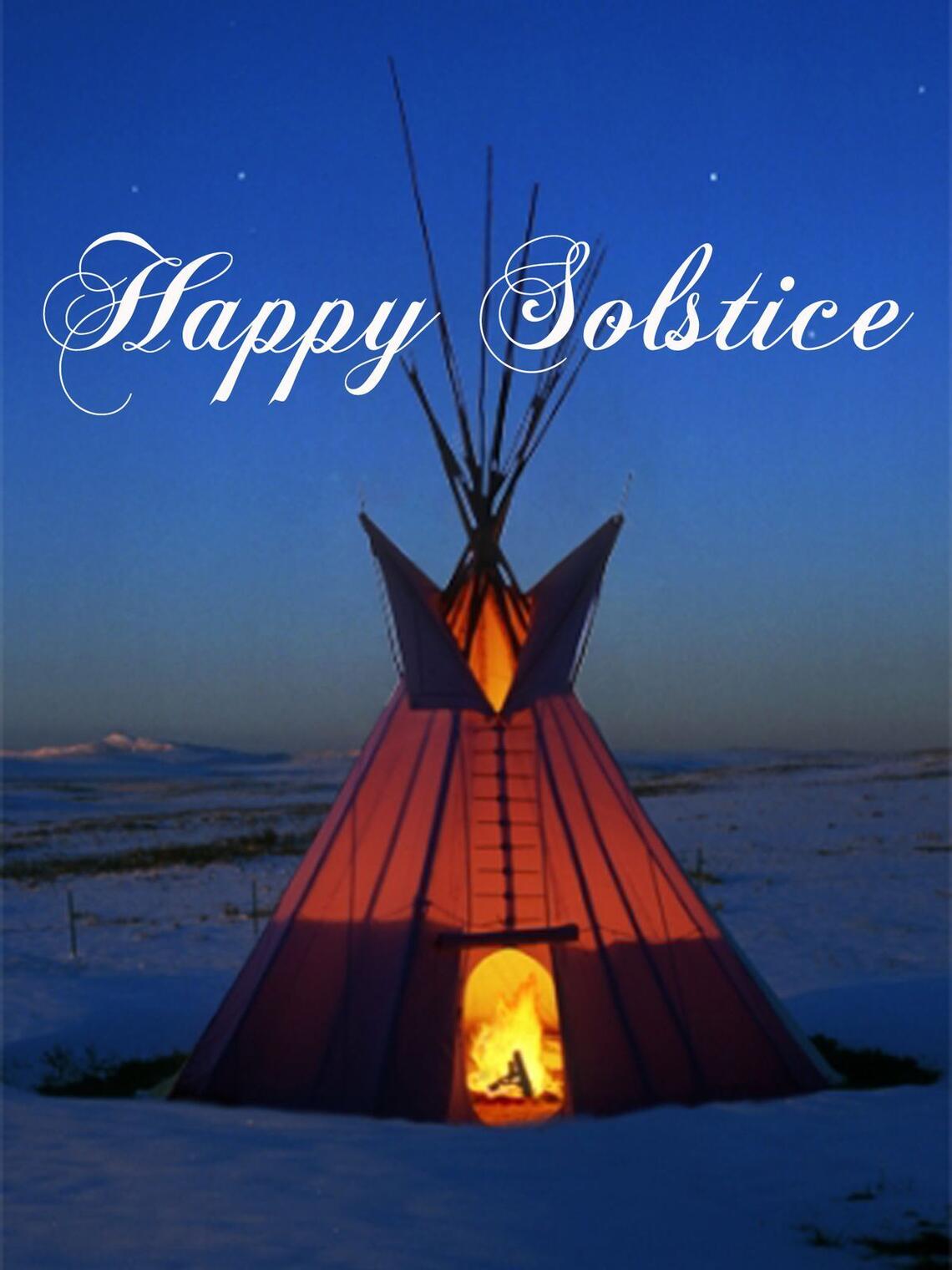
Additional Resources on the significance of Winter Solstice:
- Winter Solstice and what it means to Indigenous peoples | CFWE Northern Alberta
- Acknowledging the Winter Solstice is a Decolonial Act for Indigenous People - NDN COLLECTIVE
- Celebrate Winter Solstice — First Peoples Cultural Foundation
- How solstice is helping some Indigenous people reconnect to their land, families and traditions | CBC Radio
- Nanabush & the Spirit of Winter
- The Story of Winter Solstice - Knowledge and Wisdom Keeper Pauline Shirt

Cree Grandmothers' Tea Ceremony
Once a month, Writing Symbols Lodge & Kiipitakyoyis, Grandmother’s Lodge invites women from the campus community and beyond to honour their strength and celebrate their important roles in our communities with a traditional Cree Tea Ceremony.
Cree Grandmothers’ Tea Ceremony
Watch recordings from past UCalgary Indigenous events, webinars and lectures. UCalgary Recorded Indigenous Events
Who We Are
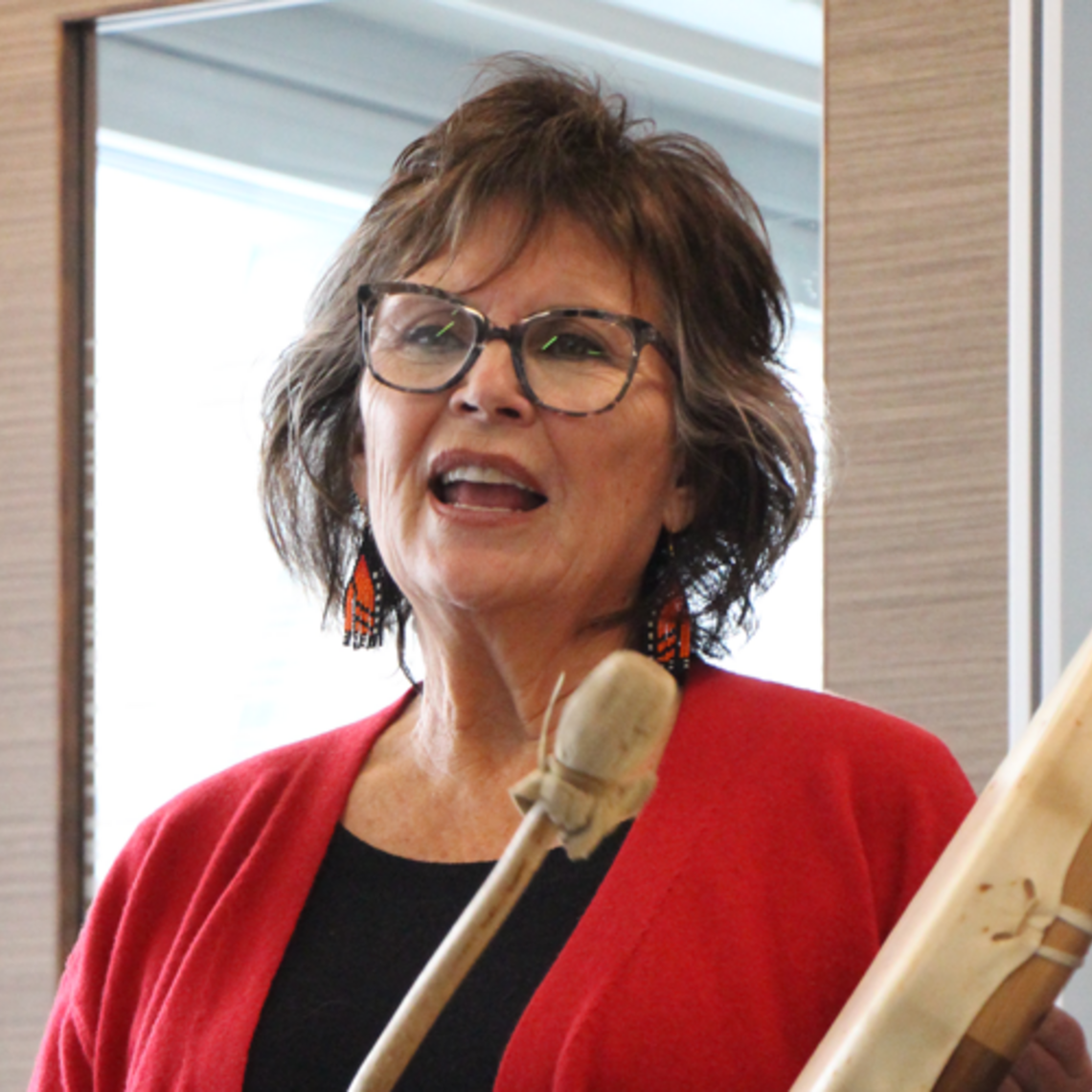
Elder Kerrie Moore (MSW, RSW) Metis/Cree is originally from Saskatchewan, Treaty 6 territory. Kerrie has resided in Calgary, Treaty 7 territory for 47 years. Kerrie is a member of Area 3 Metis Nation of Alberta, Saskatchewan Metis Association as well as Fish Lake Metis Association, Saskatchewan. Kerrie is in private practice and specializes in inter-generational trauma and grief. She is also a sessional instructor, wellness Elder and advisor with the Faculty of Social Work, University of Calgary. Kerrie provides consulting and training on Indigenizing Strategies to ministries, education, health, justice and agencies who work with Indigenous peoples and communities. Kerrie is an accepted knowledge keeper and Elder and sits on several Elder boards including the Elder Advisory Circle for the University of Calgary and the Calgary Board of Education. She is also an Elder for the Area 3 Metis Nation of Alberta. Kerrie is a recipient of the Alumna of the Year Award 2008, from the University of Calgary, Women's Resource Center, and most recently received the 2022 Student’s Union Teaching Excellence Award.
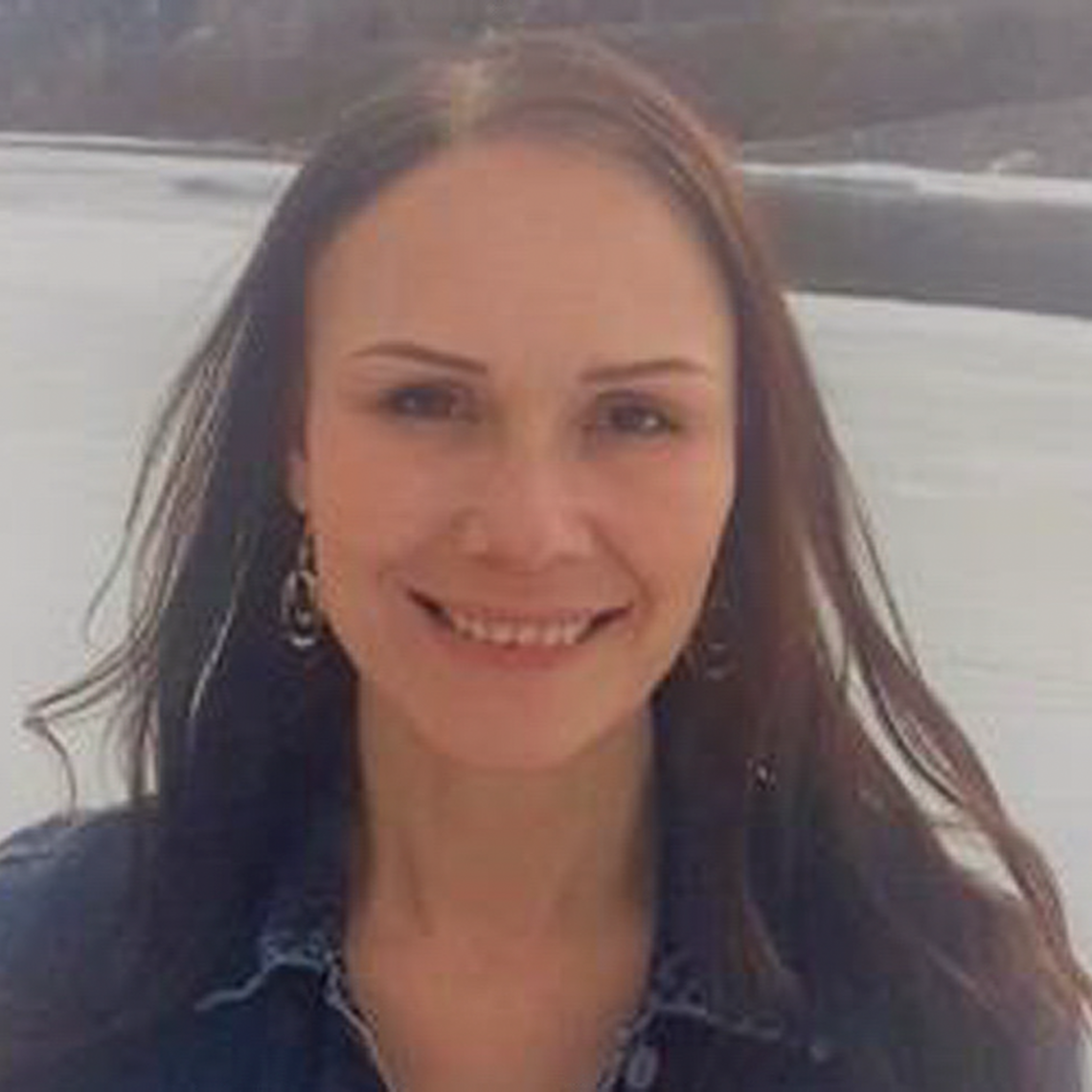
Deandra Neufeld (MSW, RSW) is First Nations, Kanienʼkehá꞉ka (Mohawk Nation), Turtle Clan of the Six Nations of the Grand River reserve from her maternal side, and of German ancestry on her paternal side. She is honored to be living and raising her daughter on Treaty 7 territory. Deandra brings many years of social work practice experiences supporting Indigenous peoples, rooted in connections on Haudenosaunee and Anishinaabeg territories, and Treaty 7 territory. She strived to incorporate Indigenous knowledges and worldviews in her previous roles within the hospitals, in an Indigenous wholistic health centre, an Indigenous mental health clinic, and supporting Indigenous students and families within school districts. Deandra obtained her MSW-Indigenous Field of study from Wilfred Laurier University and her BSW through the University of Calgary, Lethbridge site. Her MSW program was fully rooted in a wholistic Indigenous worldview, incorporating Indigenous Elders, traditional circle process and ceremonies, while developing a deeper understanding of how structural and institutional consequences of historical marginalization of the Indigenous worldview has impacted Indigenous peoples. Deandra found her MSW experience transformational and is passionate about supporting social workers decolonize their practice and learn about Indigenous ways of knowing, being and doing, to support their roles as a helper in the field.
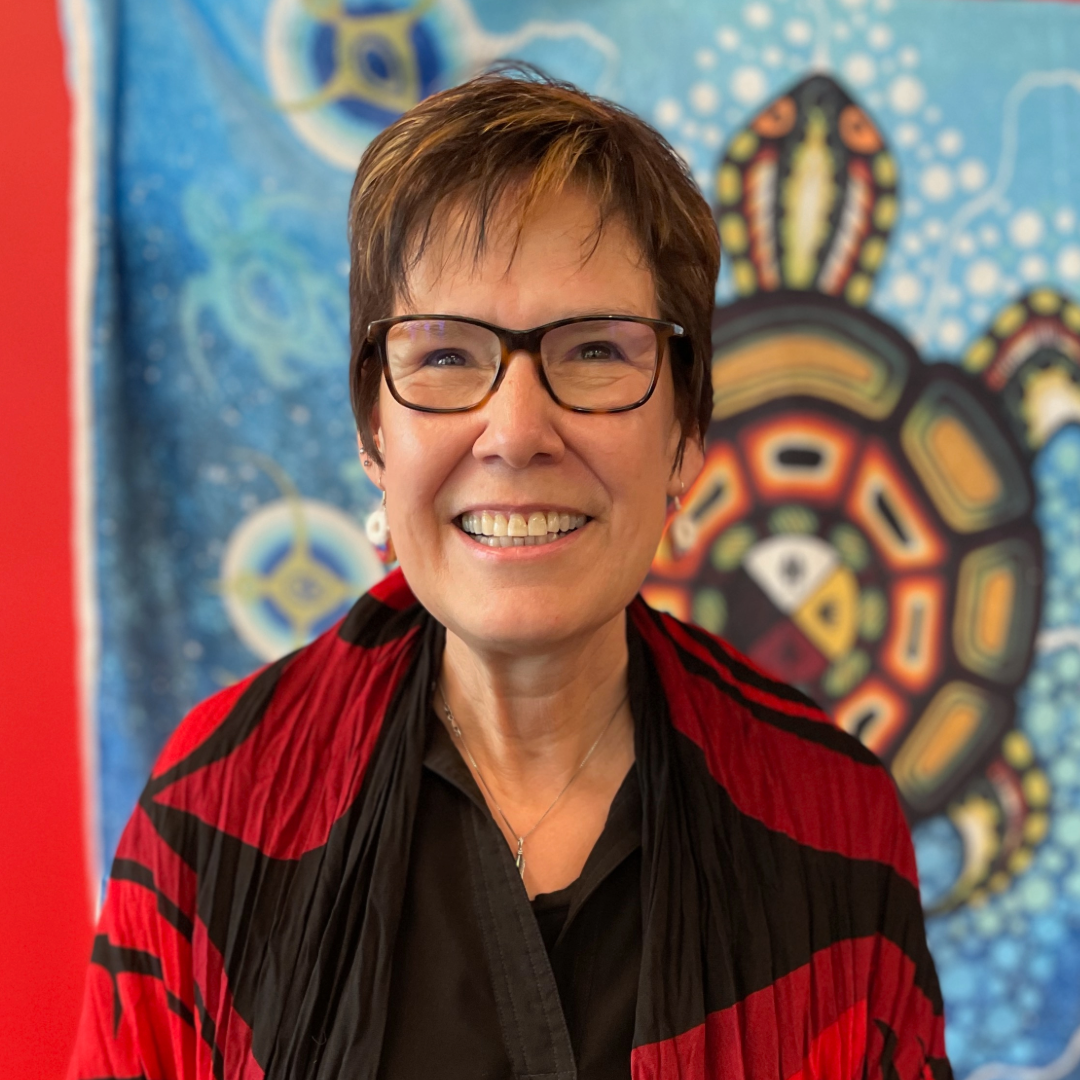
Dr. Terry Poucette, Associate Professor (Teaching) and Director of Kiipitakyoyis (Grandmothers' Lodge), the Indigenous Lodge within the Faculty. In her role, Dr. Poucette provides vital leadership in advancing our Indigenous strategy and supporting the Faculty’s commitment to reconciliation. She came to us from a leadership role with the City of Calgary's Indigenous Relations Office and brings extensive experience grounded in community, policy, and healing. A member of the Stoney Nakoda First Nations, signatory to Treaty 7, Dr. Poucette brings lived experience both on and off reserve, including work addressing intergenerational trauma and leading Indigenous helping agencies dedicated to strengthening communities. We are honoured to have her guidance and vision.
About our name: Kiipitakyoyis - Grandmother's Lodge learn more
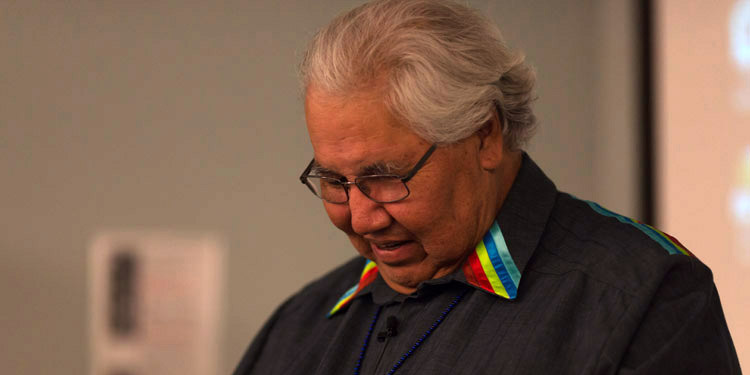
Mazina Giizhik (the One Who Speaks of Pictures in the Sky) Murray Sinclair
We are saddened by the news of the passing of Honourable Murray Sinclair, who was a former judge, Senator and Chair of the Truth and Reconciliation Commission into residential school. Murray Sinclair was more than a champion of justice, he was a relentless advocate for Indigenous rights and a beacon of hope for change. Our hearts go out to his family during this difficult time.
Below are some tributes to the Honourable Murray Sinclair:
“The impact of our dad’s work reached far across the country and the world. From residential school survivors to law students, to those who sat across from him in a courtroom, he was always known as an exceptional listener who treated everyone with dignity and respect. We know that stories of his kindness, generosity, and fairness will circulate for generations to come.”
Cindy Blackstock, Executive Director of the First Nations Child and Family Caring Society of Canada: “The Honourable Murray Sinclair always walked into dark places with a flashlight so that we can safely follow. A beam of light that cut through injustice and shows the way to hope.”
Manitoba Premier Wab Kinew: “It will be a long time before our nation produces another person the calibre of Murray Sinclair. He showed us there is no reconciliation without truth. We should hold dear in our hearts his words that our nation is on the cusp of a great new era and we must all “dare to live greatly together.”
“Education is the key to reconciliation. Education got us into this mess and education will get us out of it.”
“We know that making things better will not happen overnight. It will take generations. That’s how the damage was created and that’s how the damage will be fixed. But if we agree on the objective of reconciliation, and agree to work together, the work we do today will immeasurably strengthen the social fabric of Canada tomorrow.”
-The late Honourable Murray Sinclair (1951-2024)
Learn more
Video - Murray Sinclair's family, friends say stories of ‘kindness’ will live on
New Book - Who We Are by Murray Sinclair, with Sara Sinclair and Niigaan Sinclair
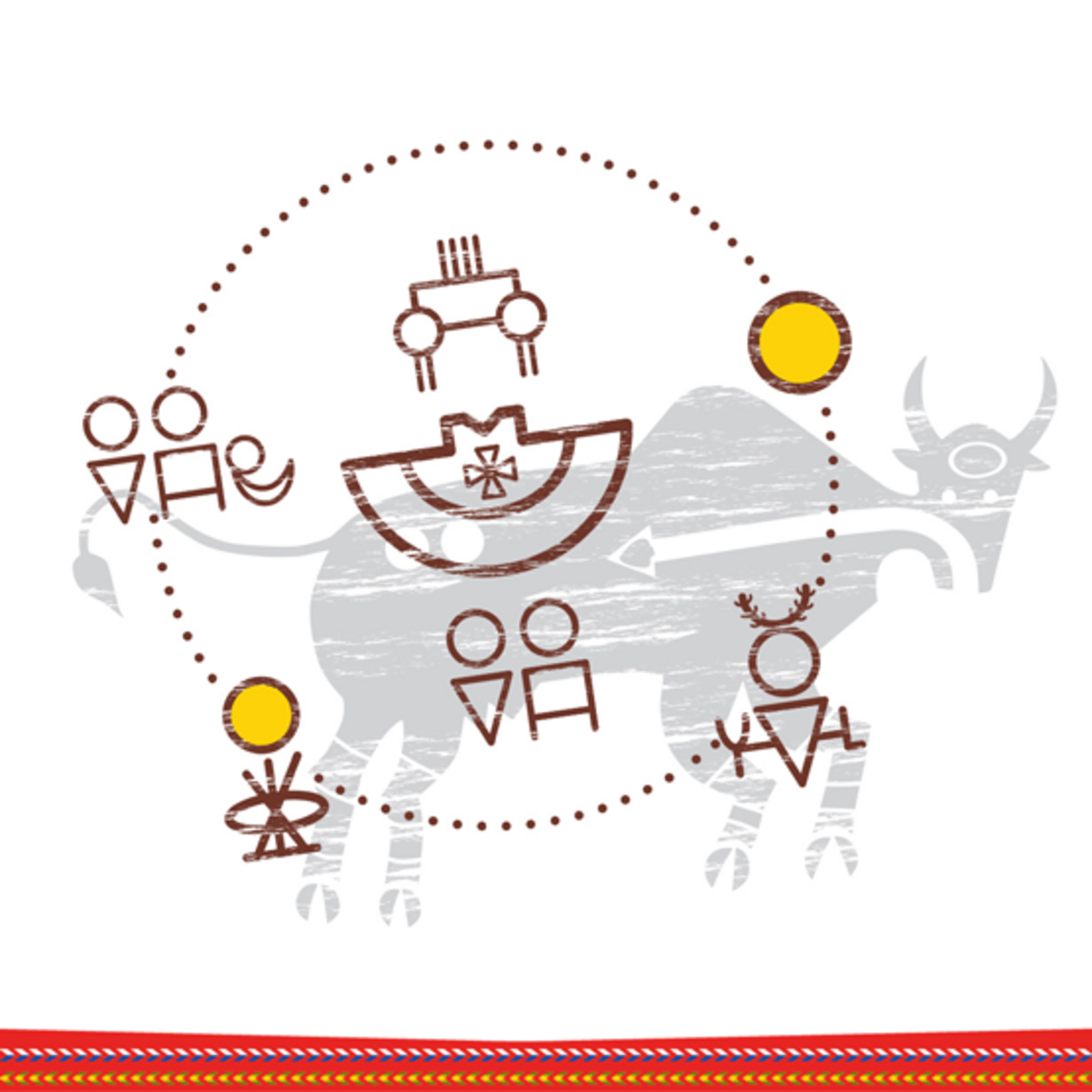
ii' taa'poh'to'p Student Advisory Circle
* Attention enrolled (current) students *
Join the dialogue circles on student experience and inclusion 3-4 annual dialogue circles
For more information or to sign up contact gerald.ratt@ucalgary.ca
Key Resources
Ii’taa’poh’to’p – Office of Indigenous Engagement
Truth and Reconciliation Commission
Truth and Reconciliation Calls to Action
Reclaiming Power and Place - The Final Report of the National Inquiry into Missing and Murdered Woman and Girls
First Nations Child and Family Services Caring Society
Back Pocket Reconciliation Action Plan
Hope for Wellness Helpline, 1-855-242-3310,
24 hours a day, 7 days a week
National Indian Residential School Crisis line:
1-866-925-4419 (24hours/7 days week)
Blackfoot Elder Clarence Wolfleg names the Indigenous Social Work Lodge, in the Faculty of Social Work
The new name for the Indigenous Social Work Circle and Lodge in the Faculty of Social Work is Kiipitakyoyis (Grandmother's Lodge).
Blackfoot Elder Clarence Wolfleg, from Siksika Nation, led a special naming ceremony on Oct. 5, 2022 in which he presented the name given to the lodge by the creator. Métis Cree Elder Kerrie Moore, MSW, RSW, who serves as the Elder for the Lodge and Wellness Elder for the Faculty of Social Work, Deandra Neufeld, MSW, RSW, the Lodge Advisor and Dr. Ellen Perrault, PhD, RSW, Dean of the Faculty of Social Work received the name on behalf of the Lodge.
"The university is kind of like an encampment, this place where we teach and these students go, it's kind of like a lodge, where they go to ... just like the camp," explained Elder Wolfleg. "So, the thinking is that grandmothers are always there in the camp to provide guidance to their grandchildren, and it's not just their blood grandchildren. All the young people are their grandchildren. Even some of the adults are their grandchildren. So, the young people come to seek guidance in the camp for the way they are thinking, their feelings, or their behaviour.
"So, they go to get balance and to find what is what is missing. People call them the seven values, that they go to find, that they may have lost along the way. So, they come to this Kiipitakyoyis – the Grandmother's Lodge – to seek guidance outside from their studies, so they can get back on track. Something is causing that little gap of learning. So, the grandmothers use the ceremonies, use the things they need – the stories – to guide them. They won't tell them what to do, they just give them a direction. They say, 'Find that direction. We know you can do it.' So, it provides a holistic, you might say, strength to continue on your challenge. That's what it's about. So, the name is Kiipitakyoyis, Grandmother's Lodge." (Pronounced Kiip - i - toyis)

